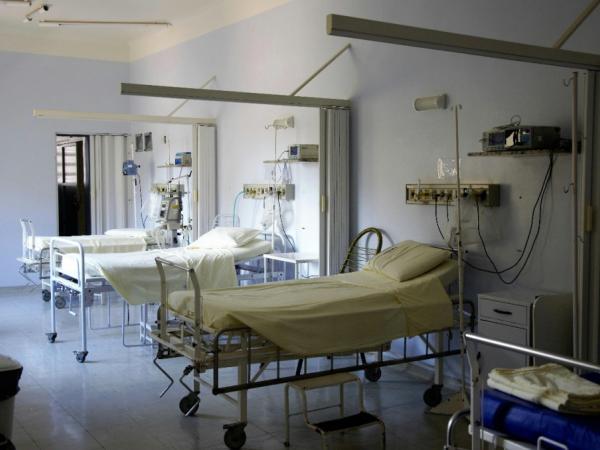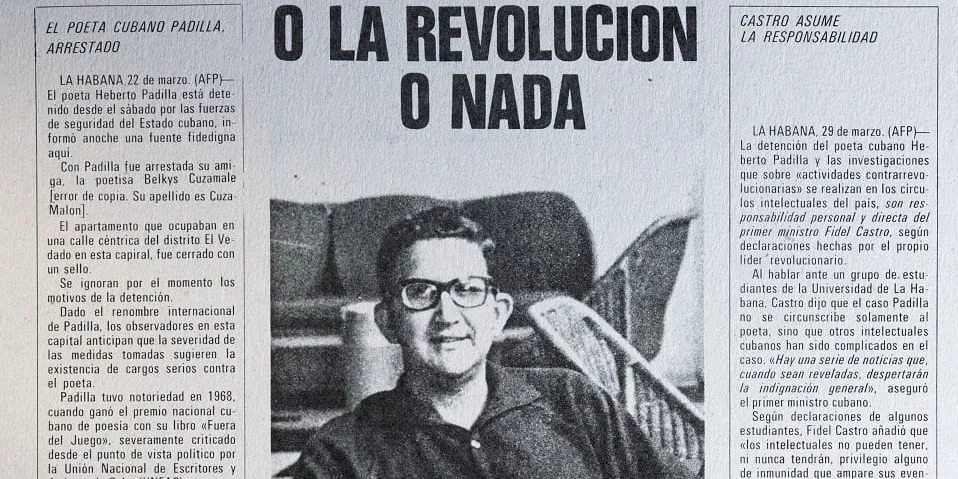The recent decision of the Colombian Government to increase the Capitation Payment Unit (UPC) by only 5.36% for the year 2025 has generated strong criticism from various health sectors.
(See: The challenges in the care of orphan diseases in Colombia)
The Colombian Federation of Rare Diseases (Fecoer) described this measure as “unacceptable” considering that it does not respond to the real needs of the health system. especially for patients with rare, chronic and high-cost diseases.
The UPC is the financial mechanism through which health services coverage is guaranteed for Colombians. However, The announced adjustment does not consider critical variables such as the sustained increase in costs in the health sector, the aging population and the growth in demand for services. This perpetuates, according to Fecoer, the barriers to access to essential medicines, technologies and services that should be guaranteed by law.
(Read more: Anif warns that insufficient increase in the UPC has risks for the health system)
Diego Gil, director of the Federation, emphasized that this situation represents a direct threat to thousands of patients: “The lives and well-being of patients cannot continue to depend on an underfunded system and late decisions“.
Fecoer has urgently requested the Ministry of Health and Social Protection, the Administrator of the Resources of the General System of Social Security in Health (Adres) and the other competent entities, to review and adjust the increase in the UPC in accordance with the true needs of the sector.
(See also: National Medical Board demands urgent reform of the country’s health system: what it proposes)
Patients
iStock
Added to this problem is the worrying accumulated debt of more than $2.9 trillion in maximum budgets, which constitutes a serious breach of the orders issued by the Constitutional Court.
(See more: Colombian Patients demand urgent responses from the Government regarding the health crisis)
This situation has aggravated the difficulties of access to vital treatments for patients with rare diseases, generating negative effects not only on their health, but also in the well-being of their families, who face a growing economic and emotional burden.
The figures are alarming. According to the National Health Superintendency (Supersalud), claims due to access barriers in health care for this population increased by 46% between January and October 2024. This growth reflects a crisis that, according to experts, the Government must address with urgency and determination.
(Read: Financial crisis and access to health, a worrying panorama for the sector)

Patients
iStock
Colombian legislation establishes clear rights for these patients. Law 1392 of 2010 recognizes rare diseases as a matter of special interest for the State, while Law 1751 of 2015 guarantees that health care must be provided without economic or administrative barriers. However, The low allocation of resources through the UPC and the delays in the transfer of maximum budgets fail to comply with these legal provisions.
(See: Minsalud details the inconsistencies of the EPS for the calculation of the UPC)
Despite the efforts of civil society, such as the sit-in held on October 9, 2024 in front of the Ministry of Health and In the meetings of the technical resource flow table, no effective solutions have been finalized.
In addition, Fecoer has denounced the lack of transparency on the part of the Government by not publishing in a timely manner information on the transfers of the maximum budgets on the ADRES website, making citizen monitoring difficult. “Patients need urgent actions and transparent information to carry out the corresponding oversight from civil society“said Diego Gil.
(Read also: Rasa Foundation, on the situation of the health system: ‘the Government does not listen to us’)
















